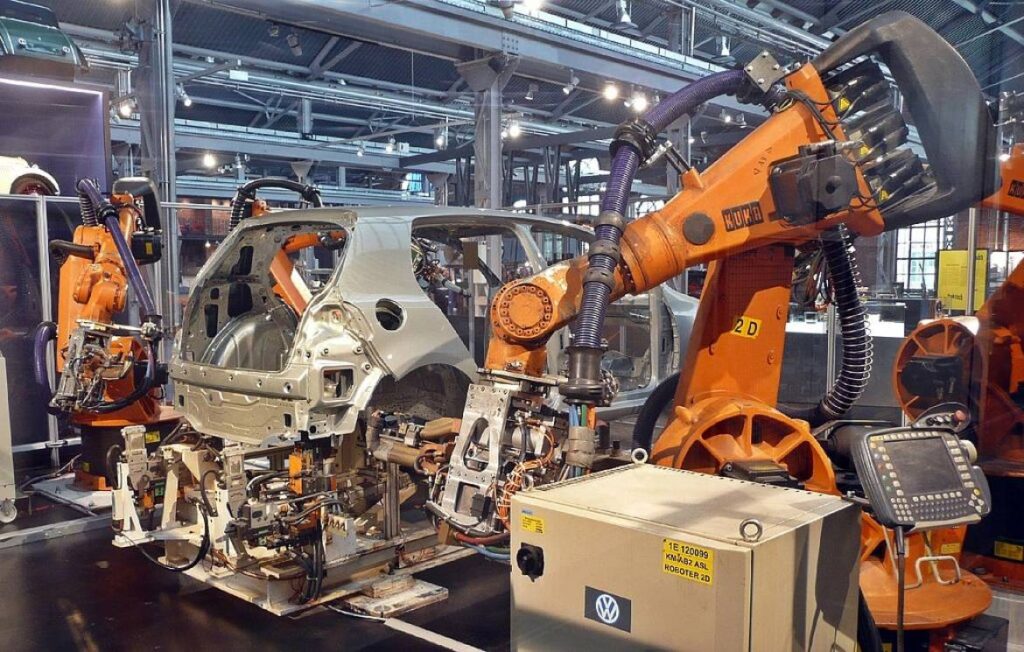Slovenia is investing quite heavily in technology. It is one of the fields where the Slovenian youth feels they can make a success for themselves. This is evidenced by several successful tech companies of different sizes, fields and goals.
Due to the small size of the market most of the modern tech industry is focused on export.
STEM fields are as usually the fields where the most innovation is taking place. While in the past innovation was driven by larger companies nowadays smaller more agile teams are overtaking the field and are bought out when they reach a certain level of success.
The main barriers are – as always – lack of finance, lack of experienced workforce and lack of understanding of failure.
Fintech and ERP software
A large part of the Information technology industry in Slovenia is focused on the Financial and Business sector. Even if the Slovenian sector is small, companies must follow Slovenian laws when filing their data so a lot of bookkeeping software was developed in the early 90s. Most of the products did not succeed in the long term but some did. Others focused on taking already existing software and adapting it to the needs of their customers. This usually proved to be more effective.
The exception are large financial institutions who almost always rely on specialised software developed from ground up. Because of this most of the banks create their private solutions and were one of the early funders of the Slovenian android app industry seeing the need to encourage developers to familiarise themselves with the platform so they could later outsource their software to them.
Similar story exists in the broad ERP sector. Companies are free to choose their software and there are a plethora of small companies that deal with upgrading the systems to the specific needs of the company, offer training etc.

Manufacturing technology
On the more physical level. Electrical industry is a large part of the industry. While there is no chip manufacturing in the country there are many factories that produce anything from surge protectors to power tools, EV engines, turbines, transformers, and electrical grid monitoring systems.
Machining and metallurgy are also important sectors. Here a lot of effort is being spent in establishing CAD and CAM systems. This puts additional training requirements on the manufacturing workers, but pays off in the long run with more consistent parts and more reliable products.
There are several companies that specialise in Quality control. Most of them use computer vision and other measuring systems to control the output of the manufacturing. These systems, while costly, usually result in more consistent results in manufacturing, so the overall quality of production goes up and the company can charge a premium for their products.

Other technology sectors
There are several other companies that succeeded. Bitstamp – a cryptocurrency trading platform, Autfit7 – game developing studio, Guardians – Military simulation systems, ORYX Gaming – platform for iGaming (gambling) systems, Pipistrel – Ultralight aeroplane manufacturing, etc.

Chances for cooperation
The IT industry is perhaps the most versatile. The lack of qualified personnel is a draw for Slovenian companies to outsource their development to other countries. Language is usually not a barrier, as due to the small size English is a mandatory language in slovenian schools, and english entertainment is readily consumed by all so basic English is part of most peoples vocabulary.
On the other hand Slovenia has a lot of experience in developing and maintaining software so their experience could be of great value when digitalization of the Cameroonian government will be attempted.
